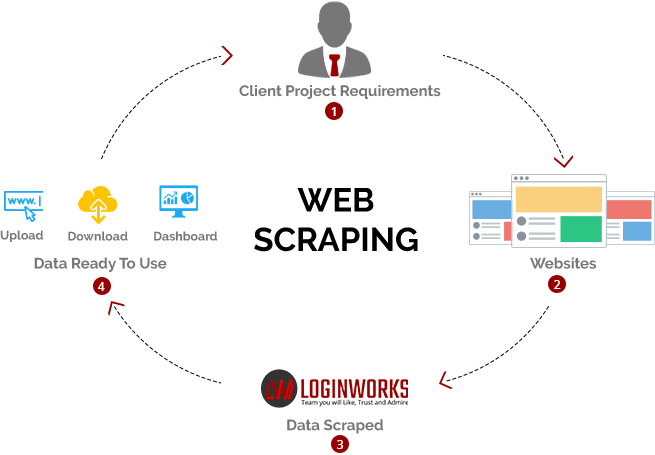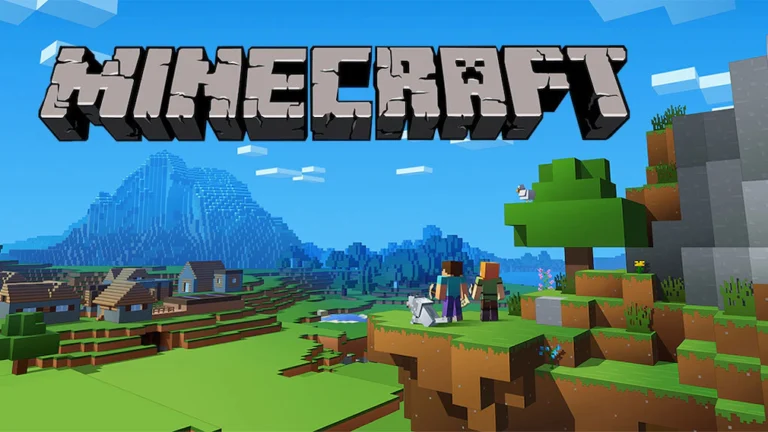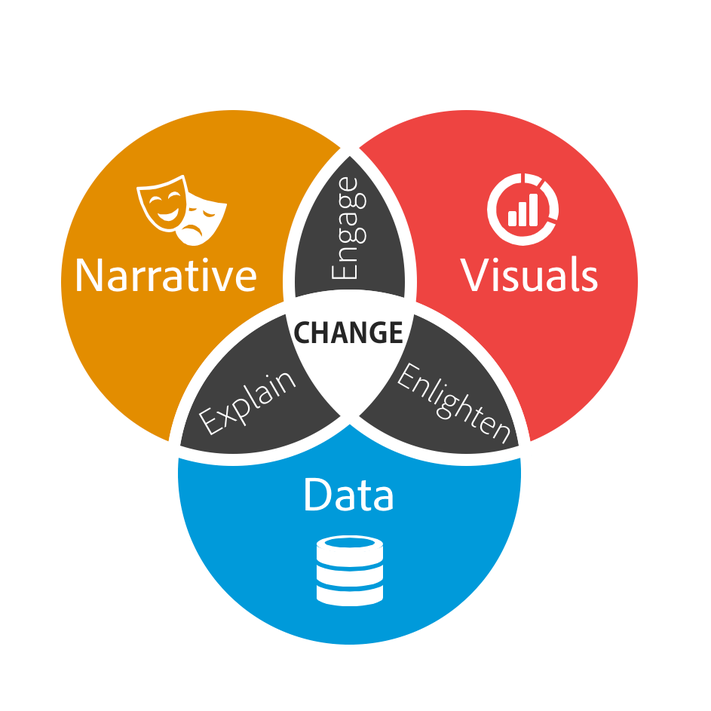In the ever-evolving realm of gaming, developers continuously seek innovative methods to enrich player experiences and maintain audience engagement. One emerging technique gaining traction is leveraging web scraping to integrate external data sources into game content. By tapping into the vast array of information available online, developers can inject dynamic and personalized elements into their games, fostering richer and more immersive gameplay experiences.
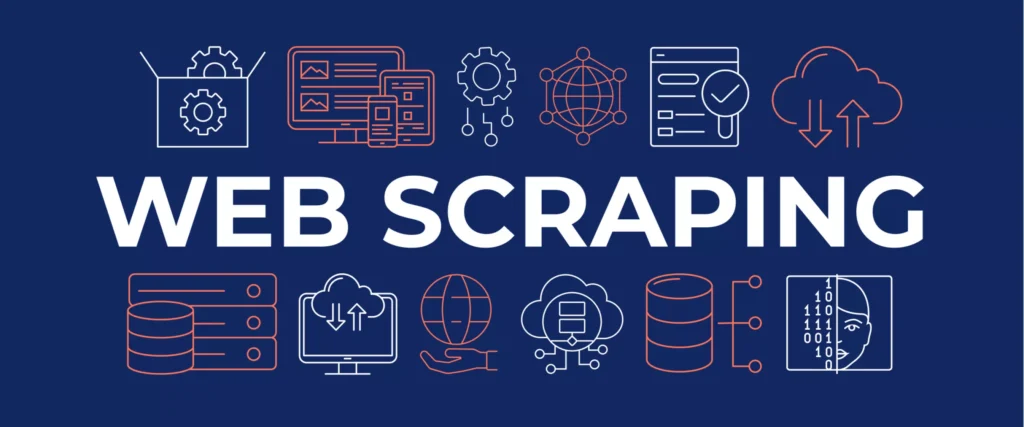
Read about also: Web Scraping for Competitive Analysis in Game Development.
Dynamic In-Game Events
Web scraping enables developers to create dynamic in-game events by extracting real-time data from various sources. For instance, a sports-themed game could utilize web scraping to fetch live scores and updates from ongoing matches worldwide, allowing players to participate in virtual tournaments mirroring real-world events. Similarly, a post-apocalyptic game could incorporate real-time weather data, affecting gameplay mechanics such as visibility and resource availability, thereby enhancing realism and immersion.
Dynamic Narrative Content
Another application of web scraping is in generating dynamic narrative content. By extracting news headlines, social media feeds, and other real-world information, developers can craft storylines and quests that respond to current events and player interests. For instance, a role-playing game could introduce side quests based on trending topics or incorporate player-generated content from social media platforms, enriching the game world with timely and relevant content.
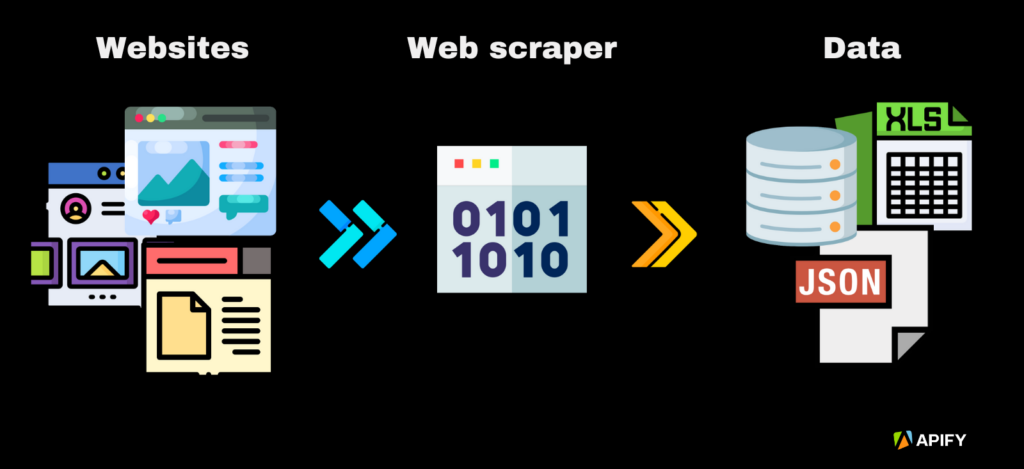
Enhanced In-Game Economies
Web scraping can also enhance in-game economies and trading systems by fetching data from online marketplaces and auction sites. By integrating real-world pricing and supply-demand dynamics, developers can create dynamic economies that reflect actual market trends. This allows players to engage in virtual trading and commerce, adding depth and realism to the gaming experience.
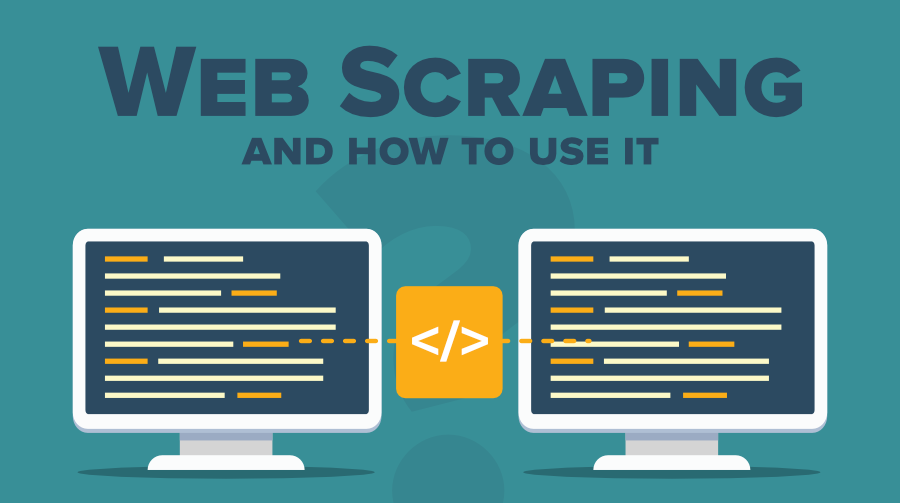
Challenges and Considerations
While web scraping offers immense potential, developers must navigate several challenges. Compliance with website terms of service and legal regulations regarding data usage and privacy is paramount. Moreover, implementing robust data processing and validation mechanisms is essential to ensure the integrity and reliability of scraped data.
Conclusion
Web scraping presents exciting opportunities for game developers to elevate their creations to new heights. By harnessing external data sources, developers can infuse games with dynamic and personalized elements, creating immersive virtual worlds that evolve in real-time. As technology advances, we can anticipate even more innovative uses of web scraping in game development, pushing the boundaries of interactive entertainment.

